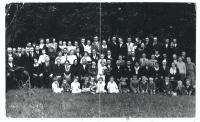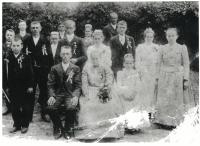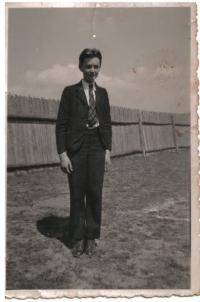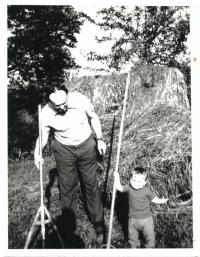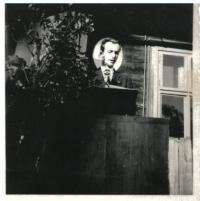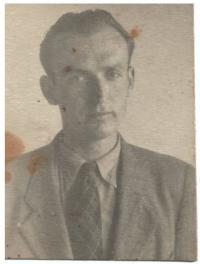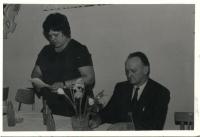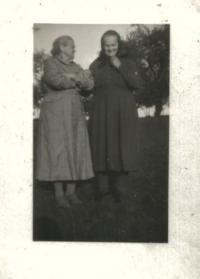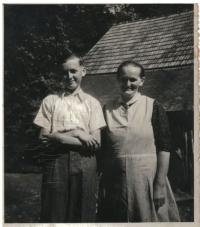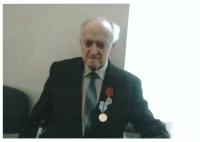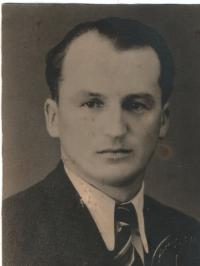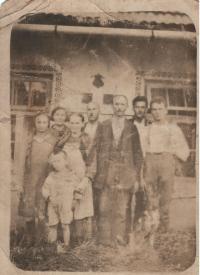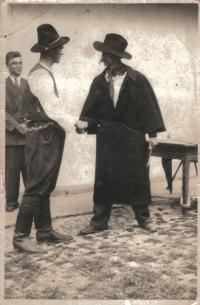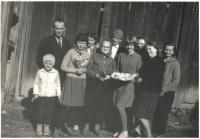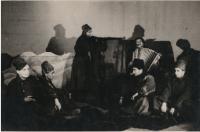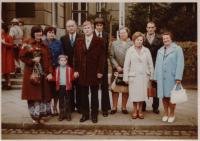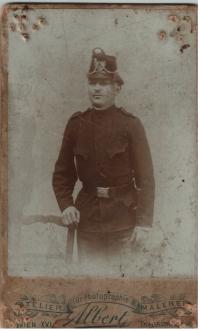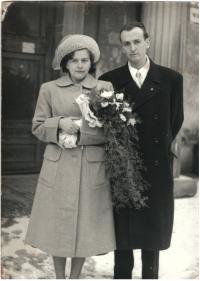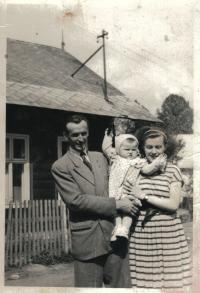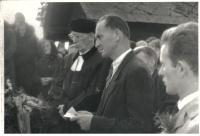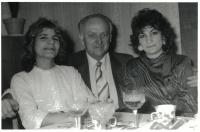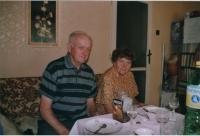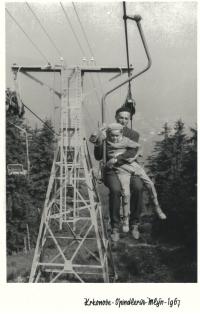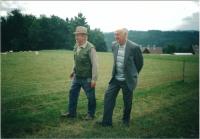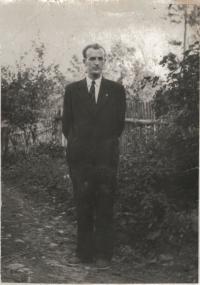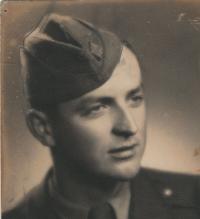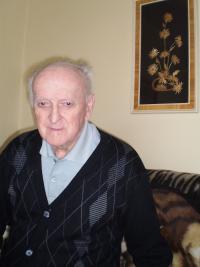Patriotism

Download image
Jan Štach was born on 29th September 1925 at Pozděchov, Moravian Wallachia. He grew up in a protestant family with four more children as the youngest of them. His parents owned some land and Jan had to help since his childhood. After completing his 5th class of the local school, he went on to study at the Masaryk Gymnasium in Vsetín. When he was 15, the Gestapo arrested his older brother Slávek who was an active member of the Defence of the Nation organization and the Štach family was hiding partisans. Slávek, whom Jan deeply admired, was sentenced and died in prison. Jan continued helping the partisans and and the atrocities committed at Prlov and Ploština villages by the Germans strongly influenced his further life and literary work. Jan became a farmer and later worked at the local co-operative. He continued writing poetry and theatre plays for the regional press and was active in education of the public - against smoking and Sudeten Germans. He worked in many public functions. Afer 1968, due to a poem printed in the regional paper, he was deprived of the Communist Party membership. The witness is the author of a number of publications and theatre plays with the topics of WWII.
